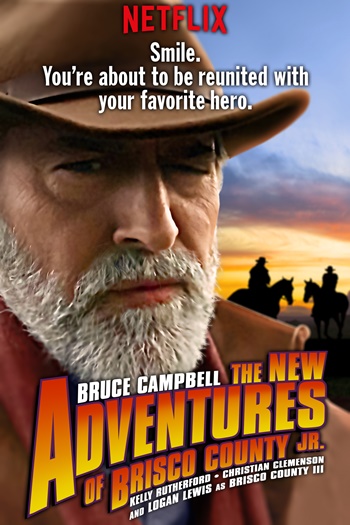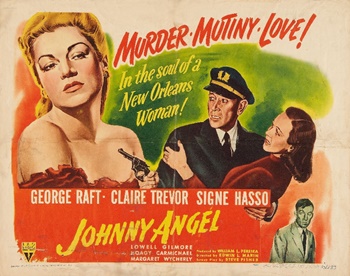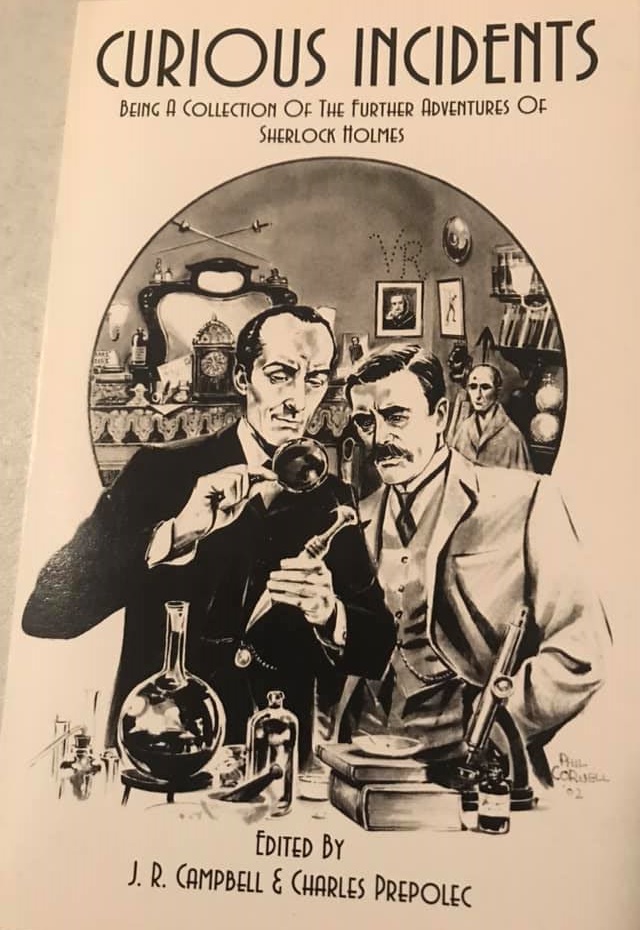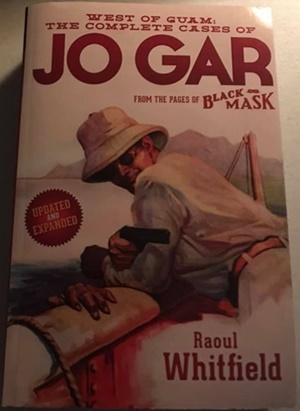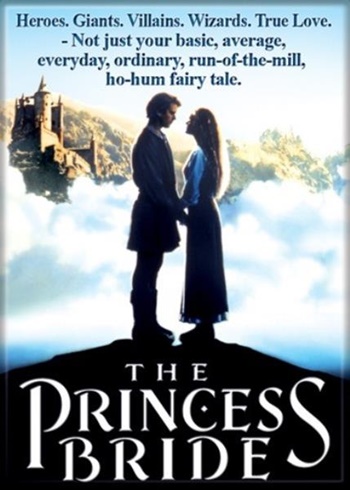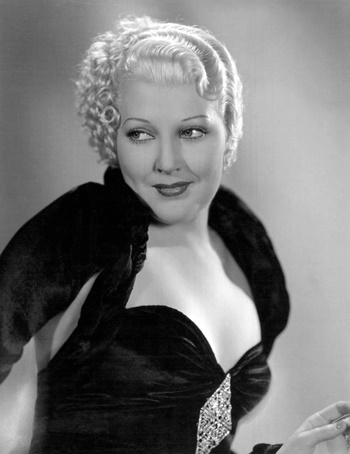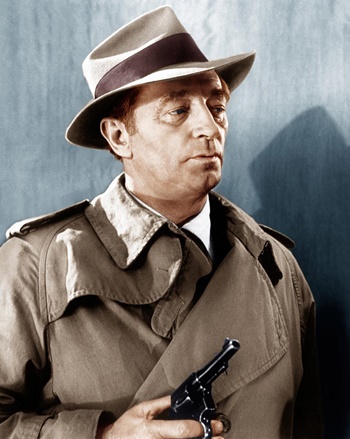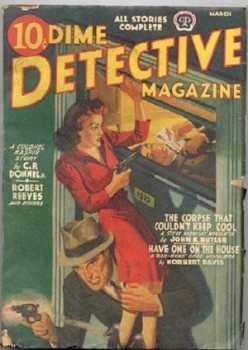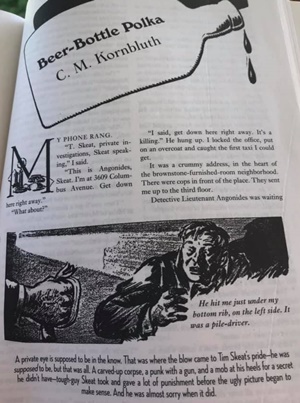The Public Life of Sherlock Holmes: At the Movies with Basil (Rathbone)
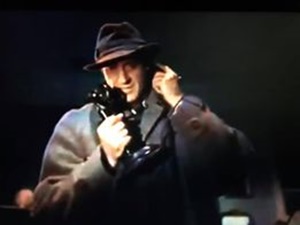 I started writing a regular column for Black Gate in March of 2014. I’ve covered a lot of ground, but today we’re going to try something new. Earlier this year, I was watching Casablanca (yet AGAIN) on TCM, and I decided to do do a running commentary about it on my FB page. I know a LOT about that movie. TCM showed it again a little over a month later, so I did it again. It was fun.
I started writing a regular column for Black Gate in March of 2014. I’ve covered a lot of ground, but today we’re going to try something new. Earlier this year, I was watching Casablanca (yet AGAIN) on TCM, and I decided to do do a running commentary about it on my FB page. I know a LOT about that movie. TCM showed it again a little over a month later, so I did it again. It was fun.
I decided to do the same thing with a Basil Rathbone Sherlock Holmes movie. But I watched it on Youtube, which let me pause it while I typed comments, and took screenshots. That worked satisfactorily. During Casablanca, I was so busy (mis)typing comments, I missed half of the movie.
So, this is a mix of my running commentary, with more information and fun stuff added in during composition of the essay. It’s a hybrid, but not as detailed as I normally write. We’ll see how it goes as we look at two films: Terror By Night, and The Scarlet Claw. I already wrote a full post on the second movie. I just felt like watching it again.
Of course, all fourteen Holmes films starring Basil Rathbone and Nigel Bruce were black and white. But colorized versions, both official and not, have been around for a while. I watched colorized versions of both films, via Youtube. Terror By Night was done by TCC (Timeless Classics now in Color). They’ve got a bunch of movies on their website. And the quality of this one was excellent. The best colorized Holmes I’ve seen. The Scarlet Claw was by ATC, and it was muddy.
TERROR BY NIGHT
We start with number eleven of twelve in the Universal Pictures series. Only one more Holmes movie remained, as Rathbone, tired of being typecast, walked away from the franchise (and the associated radio show).
